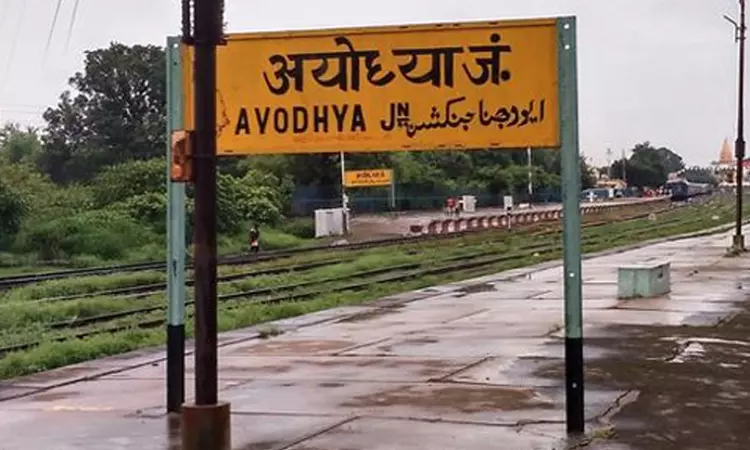What Is The Ayodhya Act As Per Which Centre Should Form The Trust For Temple Construction?
Akshita Saxena
11 Nov 2019 8:25 AM IST

Next Story
11 Nov 2019 8:25 AM IST
While holding that the disputed land in Ayodhya belongs to the Hindu deity Ram Lalla, the 5 judges bench of theSupreme Court has directed the Central government, which until now held the vested interests in the area, to formulate a scheme for setting up a trust which shall be transferred the possession of the inner and outer courtyards. The direction comes in view of the powers vested...
